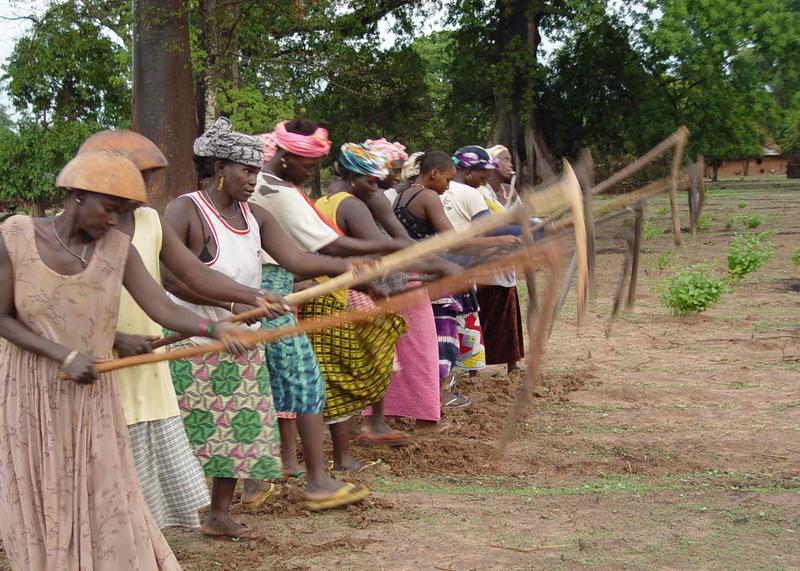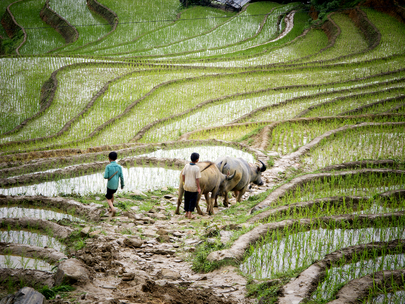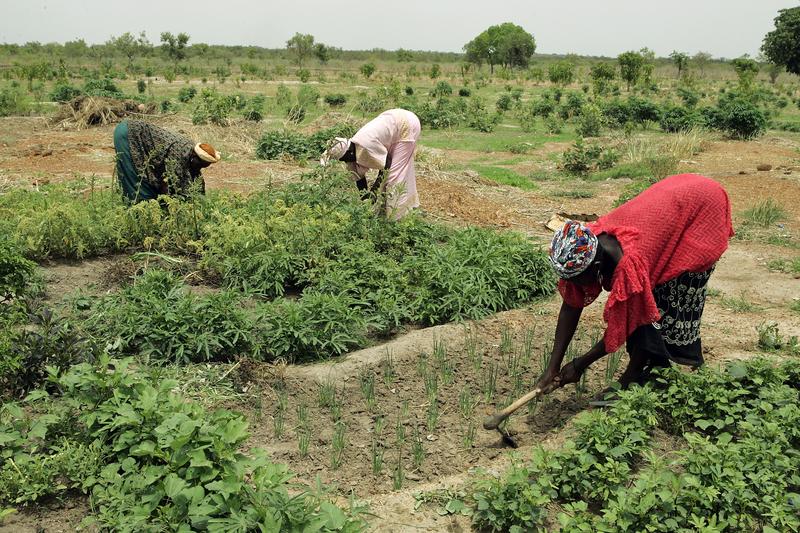Copyright © 2011 Global Aid Direct. All Rights Reserved.

Join discussions on our wall and be in the loop for info on FB
Tweet and follow us. News, emergencies and useful information
Connect with and promote our activities on goggle plus
Connect with Global Aid Direct on YouTube to view videos


Despite efforts by the humanitarian community in the food security sector, there are still 800 million people in the world who are chronically undernourished (FAO and WFP) report. Among them are over 200 million children under five who suffer from acute or chronic protein and energy deficiencies.
To achieve food security and make people have regular access to enough high quality food to live active, healthy lives; to provide food in exchange for work to make it possible for the poor and hungry to devote time and energy to taking the first step out of the hunger trap; to raise levels of nutrition, improve agricultural productivity, better the lives of rural populations and contribute to the growth of the world economy, Global Aid Direct:
Hunger and famine, whether caused by war, drought, poverty, diseases or natural disaster, have caused and continue to cause widespread sufferings to humanity. Societies have tried to prepare for food shortages, but the situation still exists.

Enhancing agriculture production requires a focus on achieving short-term localized transition results as well as the longer term development necessary to help the public and private sectors of a disaster stricken nation make a transition from a disaster torn, state led past, to a peaceful market oriented future. This element of our agriculture program captures and promotes cooperation between the two.
Capacity building of community based institutions is one of the characteristics that distinguished a development project from a relief effort. Global Aid Direct recognizes the importance of CBOs in implementing activities and ensuring sustainability for the technologies and systems identify by a CBO capacity building program.

We work to increase Small holder production with improved farming practices. These efforts focus on methods to improve soil fertility, retain soil moisture, and prevent erosion. Practices for improving both field crops and vegetable and fruit production are developed. We Teach farmers to maintain or improve soil organic matter through the use of soil-building crop rotations and appropriate mechanical and conservation tillage practices
The loss of local seed stocks and the collapse of local production capacity are among the factors that negatively impacts food security in developing countries. Our seed multiplication scheme improves household food security by serving two different needs: Introducing disease resistant and other seed varieties for good yield; and establishing local self-sustaining seed banks where farmers can access seed supply on an as needed basis.
Encouraging and facilitating a more rapid transition for Small holder farmers from predominantly subsistence-oriented production to more market-oriented production through substantial increases in agricultural production using other sectors and activities, can increase household food and economic needs. Our market-oriented outlook increases productivity, meets family food needs, and generates surplus outputs for sale. This translates into cash income for other family needs, e.g. health services, education, improved housing, investments, and savings.
Increased access to new technologies and the application of these technologies to land under cultivation or fallow significantly can raise productivity. A closer alignment of extension with adaptive services provide a more responsive mechanism to continually identify and resolve constraints to increased productivity at the farm and market level through adaptation and adoption of innovative technologies. We increase the development and dissemination of technological change to small holders.

Protecting Dignity, Providing Hope, Economic and Educational Opportunities.













